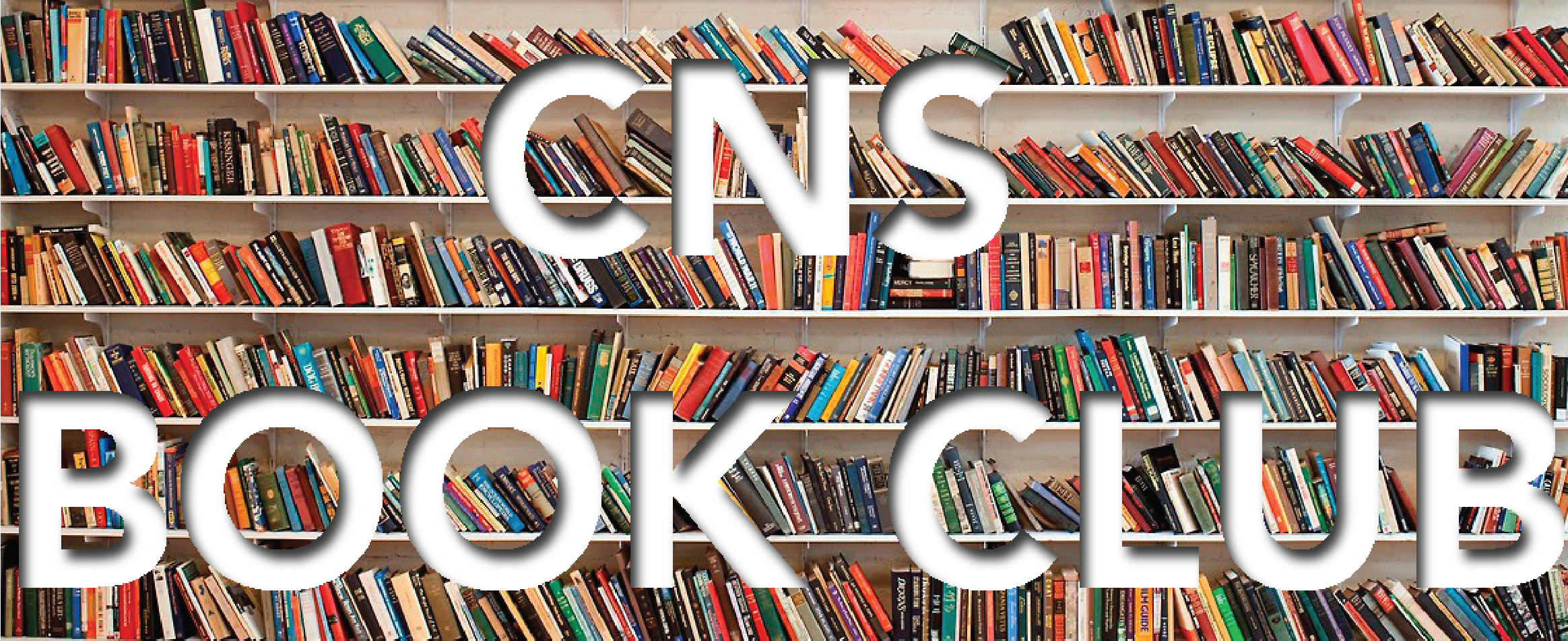Our October book is The Idea of the Brain: The Past and Future of Neuroscience, by Matthew Cobb (2020). Cobb surveys the models and metaphors that have been used to understand the brain in the past, current ideas and practices and how the field might develop in the future. The book warns against the view that neuroscience is on the verge of understanding mind-brain relations, but its skepticism is more thoughtful than presented in many recent broad-brush critiques of neuroscience (eg books with titles such as “Brainwashed,” “Neuromania”).
October 6, 4:30-5:45 PM
Cognitive neuroscientist Anna Schapiro will lead the discussion of chapter 10 on the neuroscience of memory. This is one of neuroscience’s most successful areas of inquiry, linking cellular neuroscience, neuropsychology and computation. Anna works in this area herself and has been particularly involved in research on the role of sleep in the neural processes of memory.
October 8, 4:30-5:45 PM
Cellular neuroscientist Mike Kaplan, will discuss chapter 7 on the study of the neuron. Mike is an electrophysiologist and “Master of Ceremonies and head zookeeper at the Neurolab, an undergraduate teaching lab for electrophysiology and computer simulations.
October 13, 4:30-5:45 PM
Clinical psychologist Robert DeRubeis will lead the discussion of chapter 13 on neurochemistry and its relation to our understanding of psychiatric disorders and their treatment. This chapter recounts exciting early breakthroughs, ultimately balanced by an understanding of the complexity of depression and other disorders, and the absence of neurochemical silver bullets. Rob carried out some of the classic studies on antidepressant medication and cognitive therapy for depression.
October 15, 4:30-5:45 PM
Computational neuroscientist Gidi Nave, will guide us through chapter 12 on the role of computational models in the development of neuroscience, including the current excitement over deep learning. What is at issue is not just the effort to better model or predict neural processes, but also the question of what kind of “device” the brain is.
October 20, 4:30-5:45 PM
Geoff Aguirre, who helped develop early methods of fMRI analysis, will discuss the high points and low points of cognitive neuroimaging, from so-called “voodoo correlations” to sex differences that may or may not be there depending on how the images are analyzed.
October 23, 11:00-12:15 PM
Neuroscientist Michael Platt, who carries out basic and applied neuroscience research, with animal and human subjects, in the lab and in the field, will lead a discussion of the book’s final chapter, on future of neuroscience.
October 27, 3:30-4:45 PM
Russell Epstein, cognitive neuroscientist, whose research and teaching spans vision, memory and consciousness, will lead a discussion on consciousness. This is the subject of chapter 15, and is arguably neuroscience’s greatest challenge (or greatest dead end?).
October 29, 4:30-5:45 PM
Author appearance with Matthew Cobb.
Our November book is A Terrible Thing to Waste: Environmental Racism and Its Assault on the American Mind by Harriet A. Washington (2019). Washington reveals the ways in which environmental toxins affect the poor and, and even accounting for socioeconomic status, disproportionately affect minorities. Structural racism and corporate greed have historically poisoned minority children, and they continue to wreak havoc in communities of color today. Environmental neurotoxins have serious consequences for the brain development of young children; damaging a child’s potential and robbing her of a prosperous future. The book concludes with strategies for taking action against this racially-biased national health crisis.
November 2, 4:30-5:45 PM
Professor of Nursing Jianhong Liu, Marilyn Howarth, director of Community Engagement Core (CEC) of the Center of Excellence in Environmental Toxicology (CEET), and professor of Earth & Environmental Science, Richard Pepino will lead a discussion on the effects of lead on children’s brain and behavioral development.
November 10, 4:30-5:45 PM
Professor of Cell and Developmental Biology, Marisa Bartolomei, will discuss toxins, epigenetics and prenatal development in relation to environmental impacts on the fetus.
November 12, 4:30-5:45 PM
Professor of Sociology, Africana Studies and Education Camille Charles, will lead a discussion of the factors at work in residential segregation.
November 16, 4:30-5:45 PM
Professor of Law Cary Conglianese, will guide discussion of environmental regulation and law in relation to the toxic exposures described in A Terrible Thing to Waste.
November 19, 2:30-3:45 PM
Professor of Earth & Environmental Science Howard Neukrug, former commissioner and CEO of Philadelphia Water, will lead a discussion of environmental protection in the water industry.
December 1, 4:30-5:45 PM
Drexel Professor of Public health and air quality expert Jane Clougherty, will guide discussion on the ways in which urban air pollution impacts mental and physical health.
December 3, 4:30-5:45 PM
Author appearance with Harriet A. Washington.
